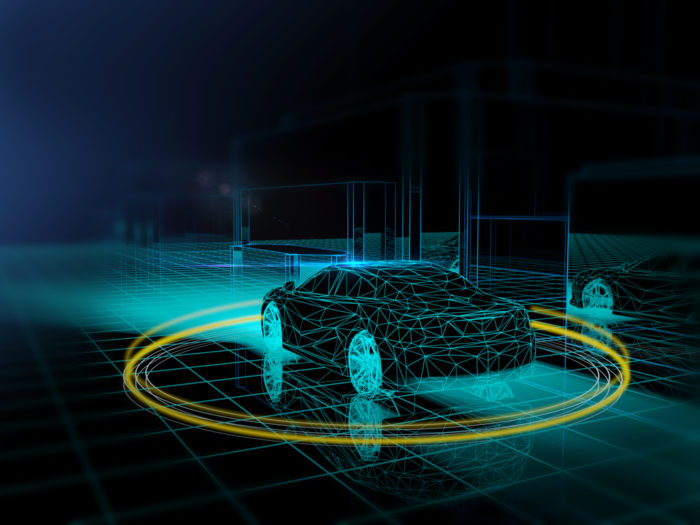A worldwide consumer survey published by ANSYS has found that seven in 10 respondents believe autonomous cars are already better at driving than humans, or will surpass human abilities within 10 years.
The ANSYS Global Autonomous Vehicles Report uncovers varying attitudes and confirms that consumers have high expectations for autonomous vehicles. It also found that the majority of consumers are comfortable with the idea of riding in autonomous cars and aircraft in their lifetime.
Other highlights include:
Embracing AVs: Japanese respondents were more confident in AVs than the global average; 83% believe autonomous cars will be better drivers than humans within a decade and 38% believe they already are.
Ready to ride: Just over three-quarters of global respondents (77%) would be comfortable riding in an autonomous car at some point during their lifetime.
Young adopters: 87% of 18- to 24-year-old respondents and 88% of 25- to 34-year-old respondents reported feeling comfortable with autonomous cars in their lifetime. And 43% of respondents over the age of 65 said they would never ride in an autonomous car.
Highs and lows: At 97%, Chinese respondents were most open to riding in an autonomous car during their lifetime. By contrast, just 57% of respondents from the UK said they would be comfortable riding in an autonomous car.
Exploring anxieties: When asked their top concern for riding in autonomous cars and airplanes, most respondents said technology failure at 59% and 65%, respectively.
Trust in car manufacturers: 24% of respondents believe luxury car companies would offer the safest autonomous driving experience, followed by technology companies that may one day offer an autonomous car (20%) and non-luxury brands (16%).
Autonomous cars require billions of miles of road tests across a vast number of driving conditions to ensure consumer safety, which cannot be accomplished with physical testing alone. Simulation greatly reduces the need for physical road tests and is the only way engineers can more quickly test thousands of AV travel scenarios, maximize the performance of sensors and perception algorithms, and ensure safety.
Sam Abuelsamid, principal research analyst, Navigant Research, said, “Automated driving has been a dream of engineers and travelers since at least the 1950s, but the hardware and software required to make it a practical reality has only approached a sufficient level of maturity in the past decade. For automated driving to become a commercial reality that people trust for safe transportation, consumers will need to be convinced that algorithms can consistently drive more reliably than humans. That will require vast amounts of simulation testing to augment hundreds of millions of miles of real-world, on-road evaluation.”
Designing AVs to satisfy stringent safety and reliability requirements presents a formidable challenge for AV manufacturers. ANSYS Autonomy, released this year, delivers an end-to-end, cost-effective capability for rapidly developing AV systems that satisfy these requirements. From software and algorithm development to functional safety analysis to sensor accuracy optimization, ANSYS Autonomy helps ensure roads and skies are safer than ever.
“We are at the threshold of a fully autonomous era that will revolutionize global transportation,” said Eric Bantegnie, vice president and general manager of the systems business unit at ANSYS. “This report confirms the world’s optimism – but also legitimate concerns – for AVs. To drive worldwide AV adoption, manufacturers must prove the technology is safer and more reliable than humans. ANSYS simulation solutions make that possible.”
ANSYS commissioned Atomik Research to field an online survey of 22,041 adults aged 18+ in 11 markets (UK, USA, DACH, France, Italy, Spain, Benelux, Sweden, Japan, China, India). The research fieldwork took place between April 26 and May 7, 2019.


